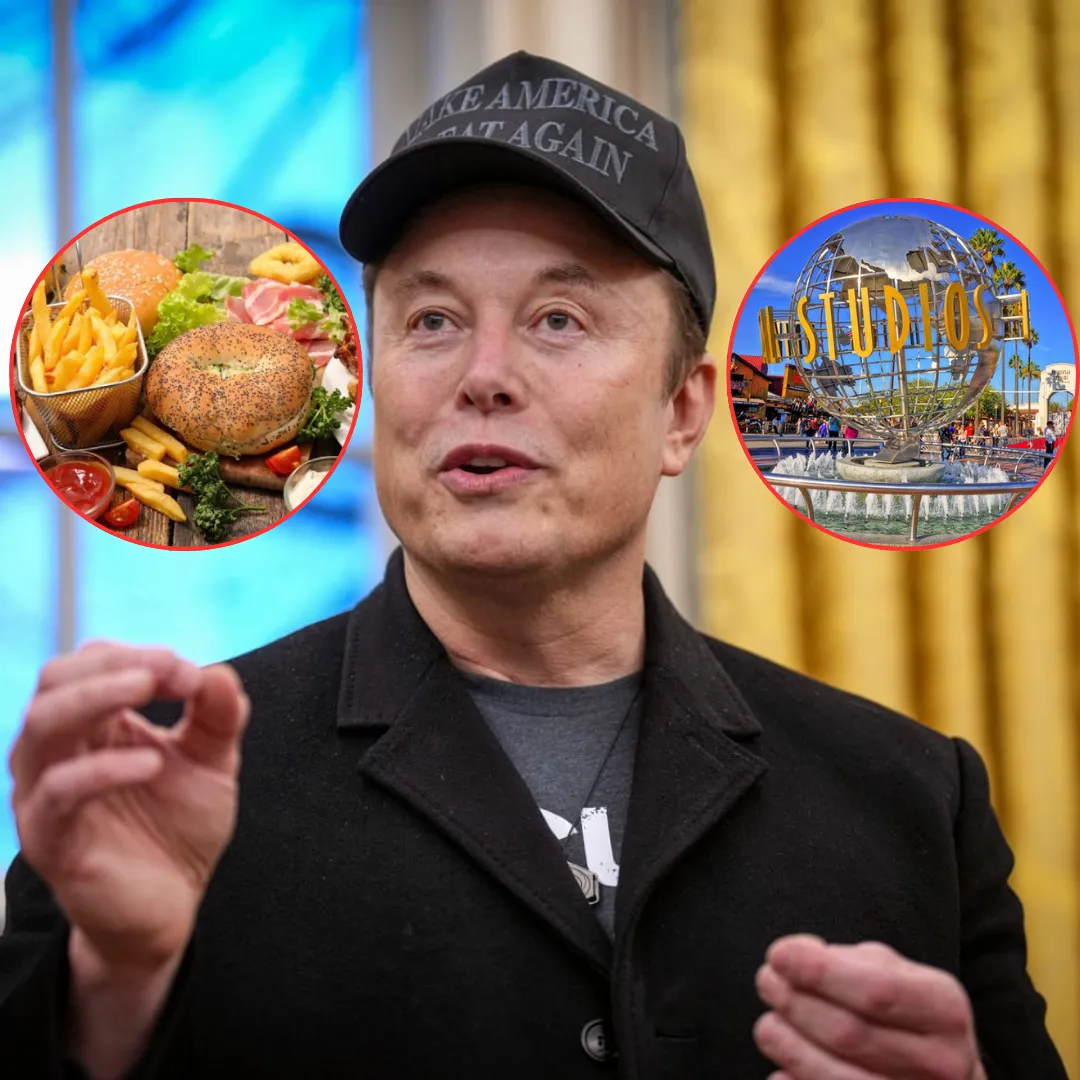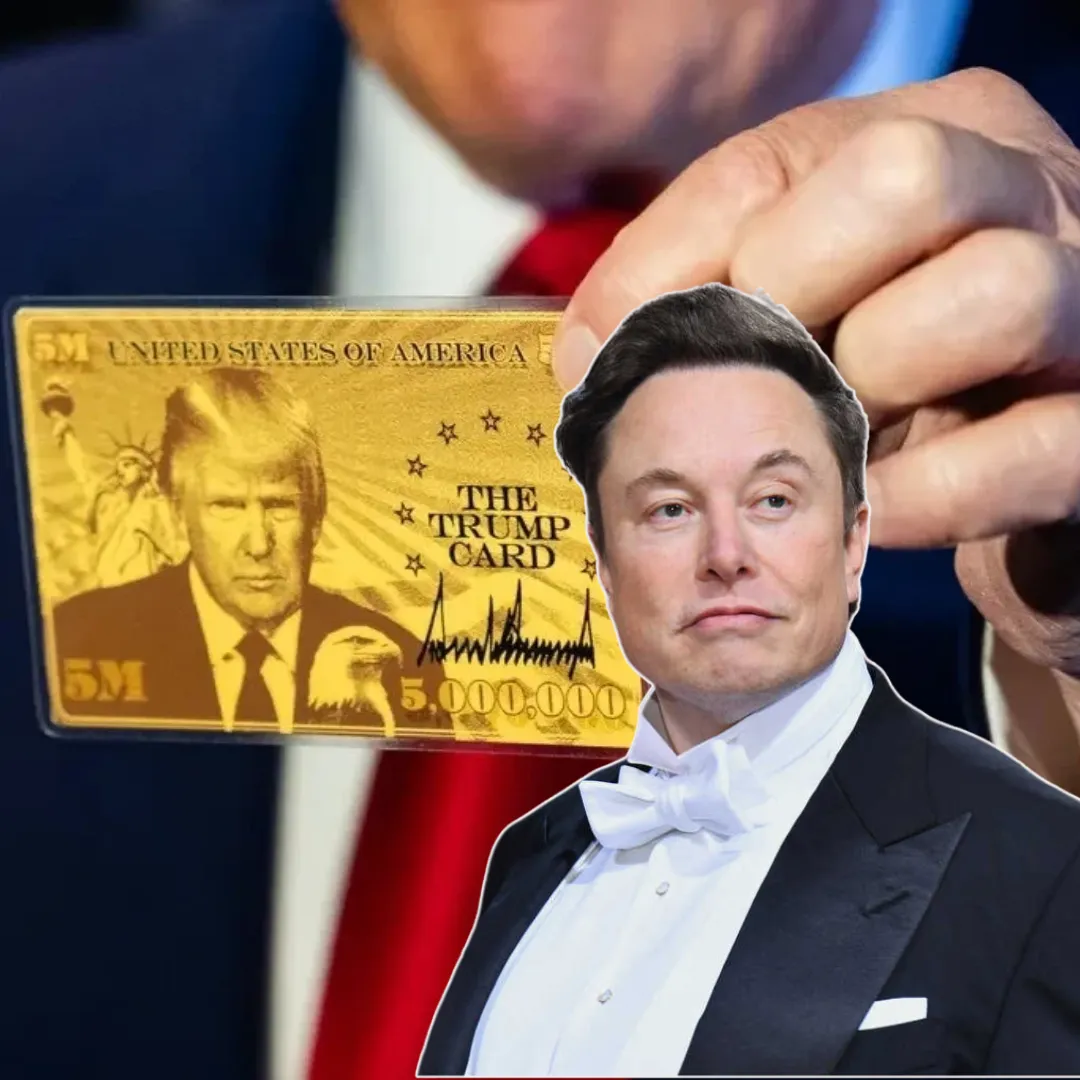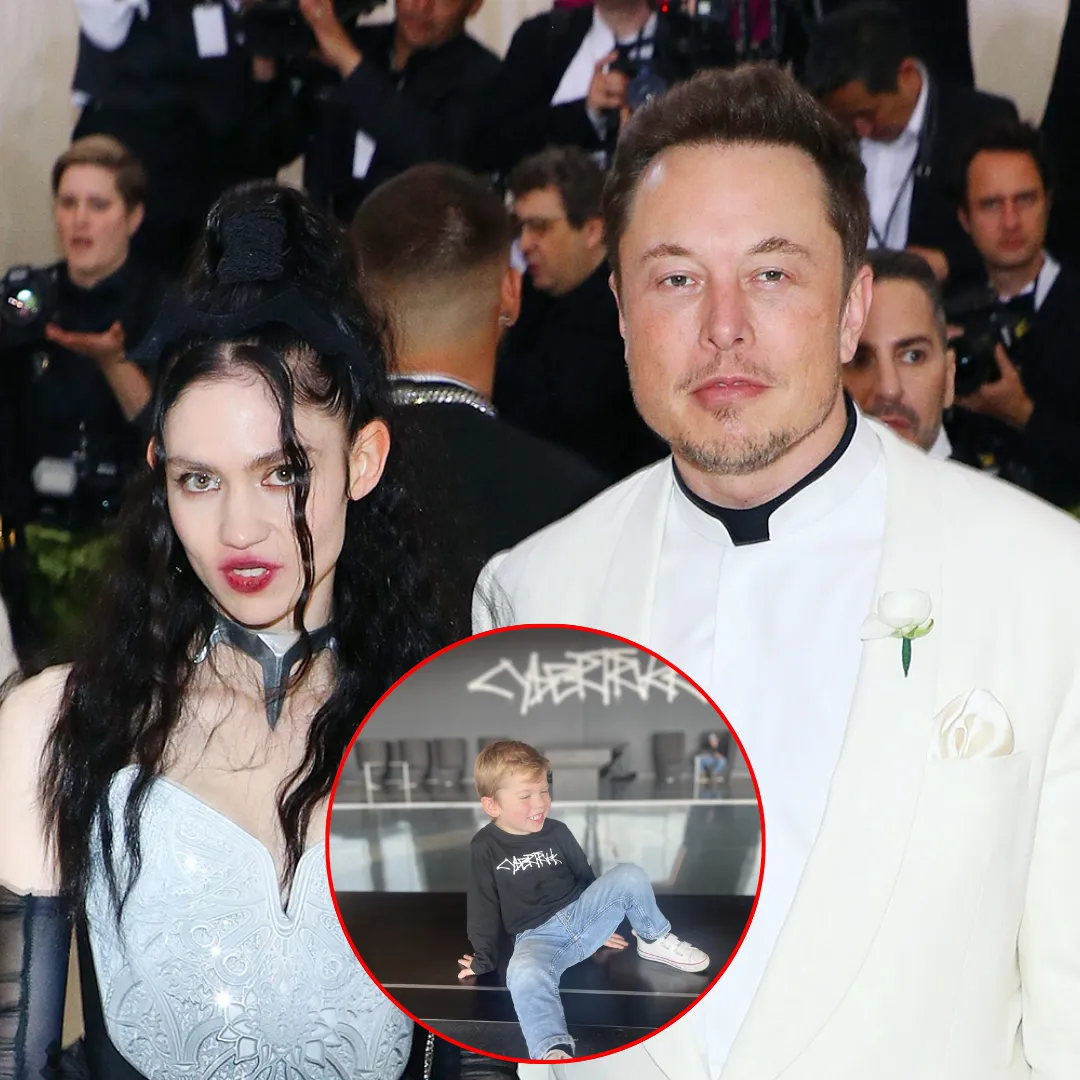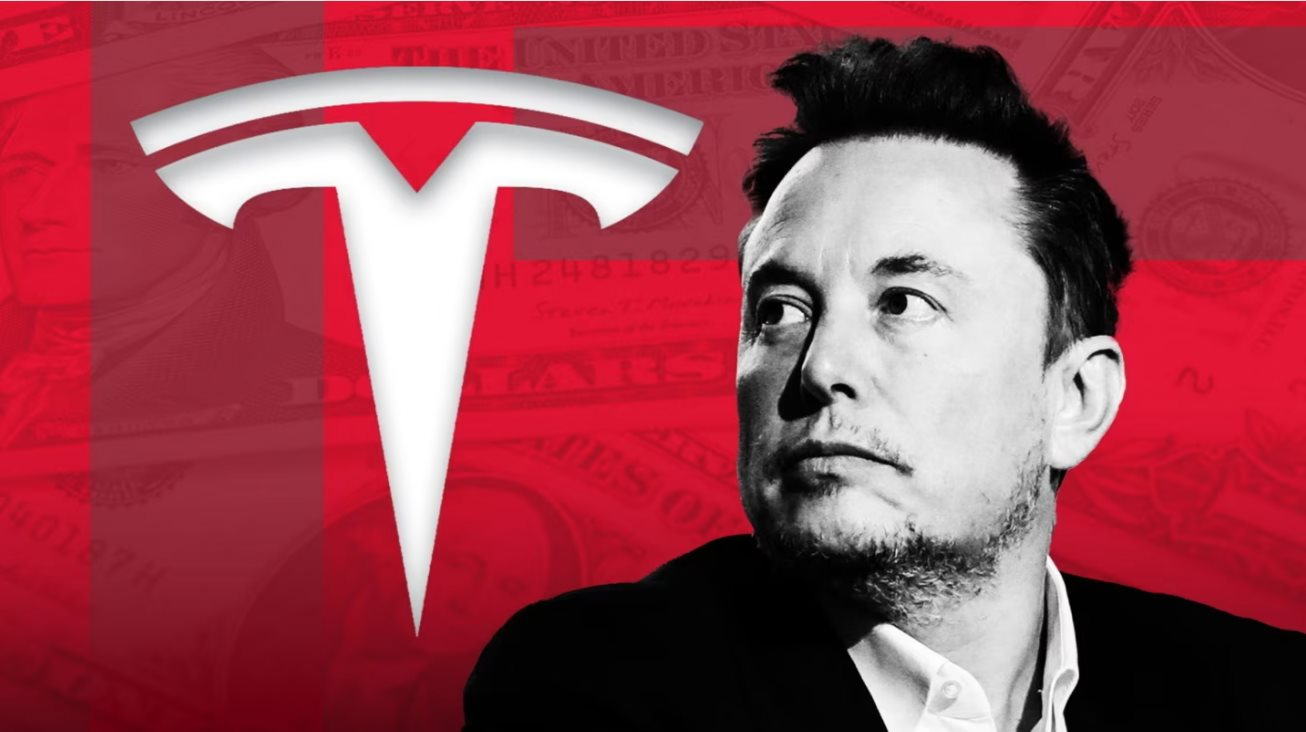
Tesla, once the crown jewel of the electric vehicle (EV) industry, is facing a turbulent chapter in its history. The company’s financial performance has taken a sharp downturn, and its brand image, once synonymous with cutting-edge innovation and environmental sustainability, is now under siege.
Elon Musk, the visionary founder and CEO, is at the center of this crisis. As Tesla grapples with decreased profits, increasing competition, and growing consumer dissatisfaction, many are questioning whether Musk’s leadership is the driving force behind Tesla’s decline or if the company’s problems are rooted in deeper structural issues.
The numbers tell a worrying story. In the first quarter of 2025, Tesla reported a staggering 71% drop in net income, alongside a 9% decrease in revenue. These figures mark one of the most significant setbacks in Tesla’s financial history, raising concerns about the company's ability to maintain its dominant position in the EV market.
This decline is not just a result of global economic conditions or market fluctuations; it is a consequence of internal challenges, including reduced consumer demand for EVs, difficulty scaling production, and a lack of differentiation as the EV market becomes increasingly crowded. Tesla’s once unchallenged lead in electric cars is now under threat from both traditional automakers and new entrants that are quickly catching up in terms of technology and affordability.
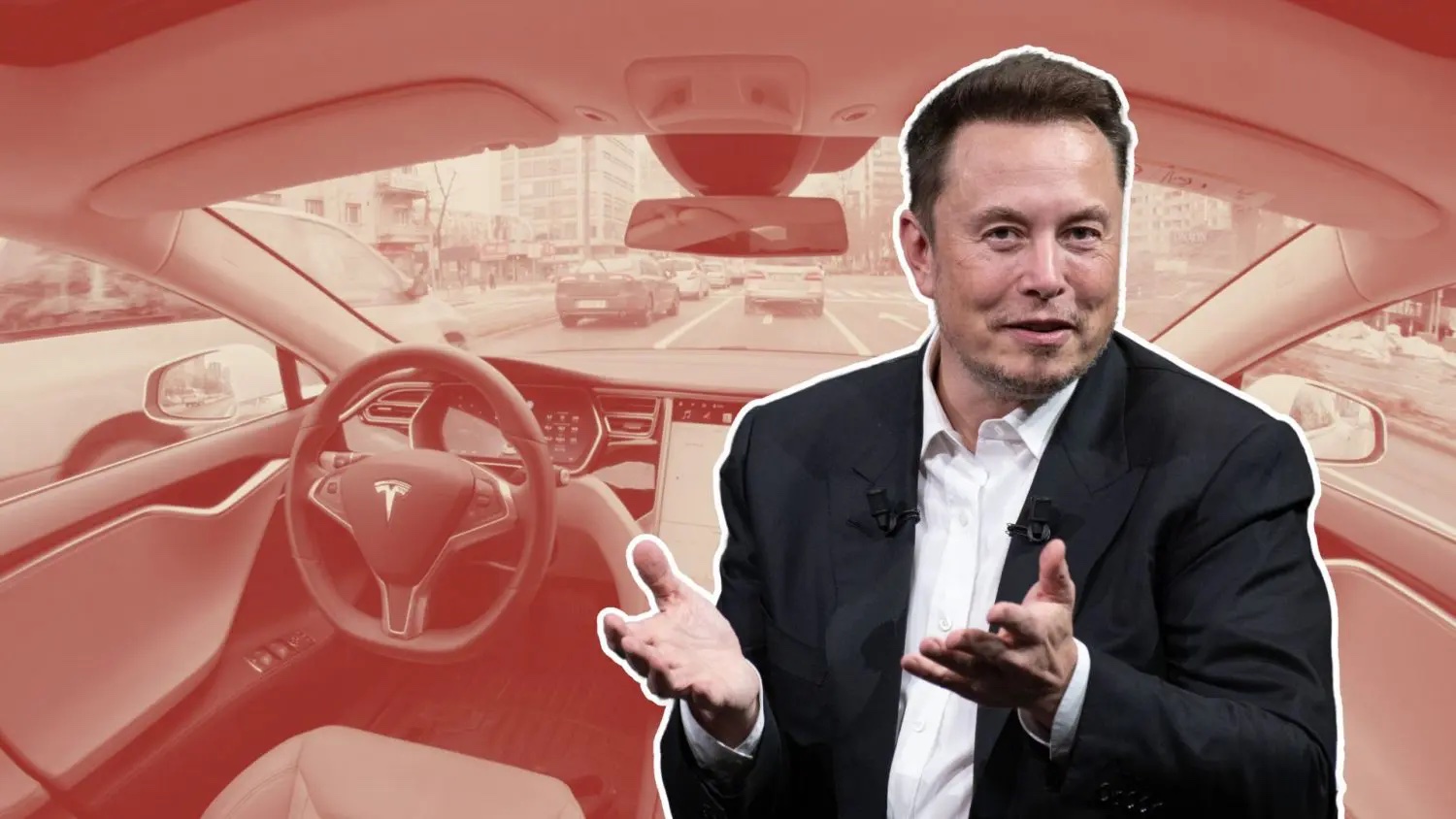
The decline in financial performance has been accompanied by a broader erosion of Tesla’s brand image. For years, Tesla was viewed as a symbol of innovation and a pioneer in the green energy movement. Its vehicles were not just cars; they were a statement about the future of transportation, powered by clean energy and advanced technology.
However, the company’s recent troubles have led to growing disillusionment among its customers and investors. Tesla’s association with controversial political figures and policies has significantly damaged its reputation, particularly in Europe and North America, where consumers are increasingly conscious of corporate values and social responsibility. Protests and acts of vandalism at Tesla showrooms have become more frequent, and surveys show that a significant portion of potential buyers has reconsidered their interest in Tesla vehicles, partly due to these political affiliations.
A key issue contributing to Tesla’s brand erosion is Elon Musk’s involvement in external ventures, particularly his role in the Trump administration’s Department of Government Efficiency (DOGE). Musk’s political engagement, while aligning with his broader business interests, has drawn significant backlash from consumers who are uncomfortable with his political affiliations and actions.
The controversy surrounding DOGE, combined with Musk’s outspoken and often polarizing statements, has created a perception of instability and unpredictability within Tesla’s leadership. Musk’s decision to reduce his involvement in DOGE and refocus on Tesla has been seen as a necessary step to restore consumer trust, but many wonder if the damage to Tesla’s image is already too severe to reverse.

Investor sentiment has been equally affected by Tesla’s struggles. Once one of the most valuable companies in the world, Tesla’s stock performance has been volatile in recent months, reflecting the growing uncertainty surrounding the company’s future. Some analysts remain optimistic, pointing to Tesla’s continued advancements in autonomous driving technology, battery innovation, and energy solutions as potential drivers of future growth.
However, others are less convinced, expressing concerns about Tesla’s ability to navigate the increasingly competitive EV landscape. The market is becoming more crowded, with established car manufacturers like Ford and General Motors making significant strides in the EV space, while new entrants like Rivian and Lucid Motors are capturing the attention of investors and consumers alike.
Tesla’s success was built on its ability to disrupt the automotive industry, offering a high-performance electric car that was both desirable and practical. However, as competition intensifies and the market becomes saturated with more affordable EV options, Tesla must find new ways to differentiate itself. The company’s current product lineup, while impressive, has faced criticism for its lack of diversity and innovation.
Consumers are demanding more variety, including lower-priced models and vehicles with enhanced features and capabilities. Tesla has made efforts to address these needs with new models like the Cybertruck, but these efforts have yet to yield the desired results. In addition to the growing competition, Tesla also faces significant challenges in scaling its production capabilities. While the company has made significant strides in ramping up production at its factories in the U.S., China, and Europe, it has struggled to meet its ambitious production targets.
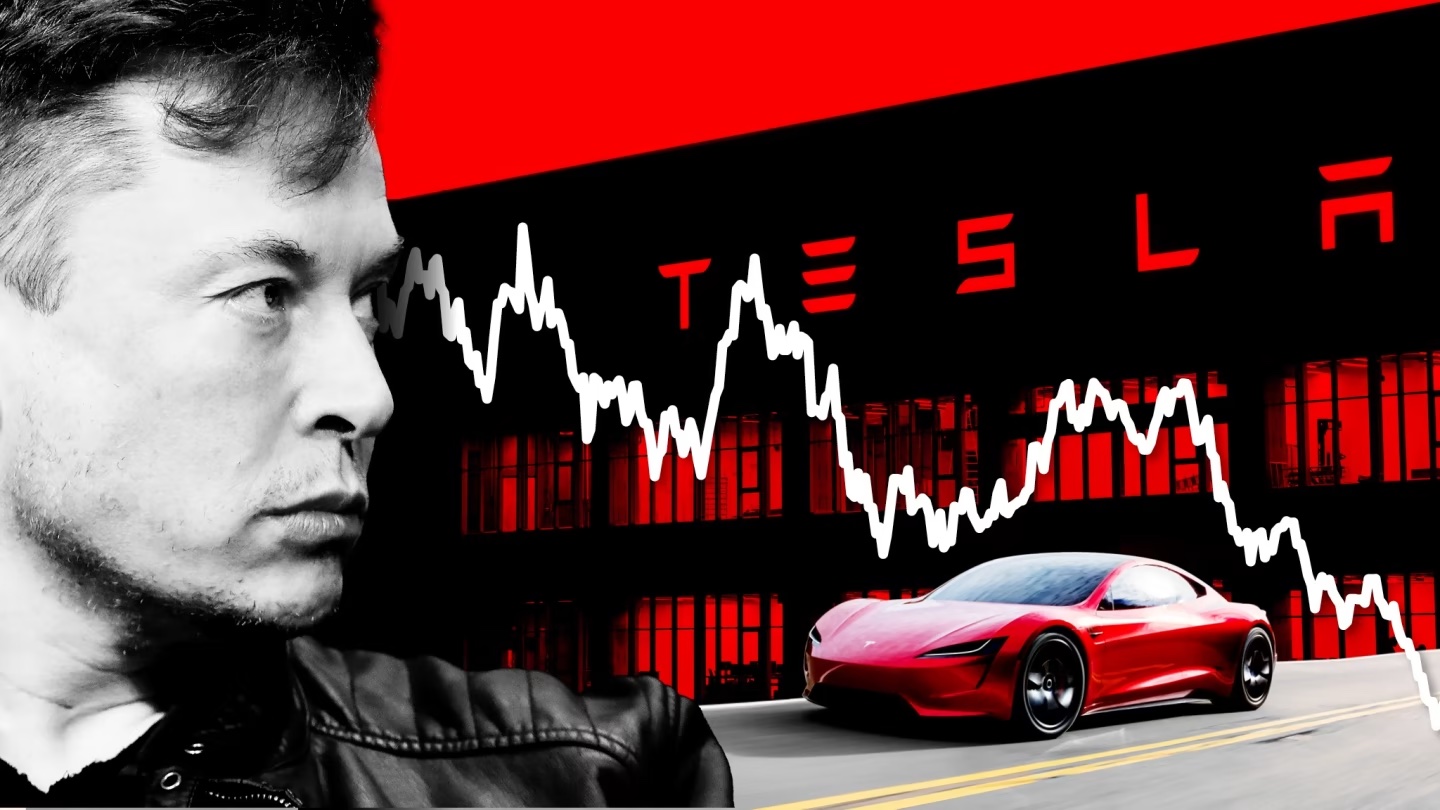
Manufacturing bottlenecks, supply chain issues, and labor shortages have all contributed to delays in production and delivery, leading to customer dissatisfaction and a negative impact on Tesla’s brand reputation. As production volumes increase, Tesla will need to ensure that quality control and customer service are not compromised, as these factors will play a critical role in maintaining consumer loyalty and market share.
Despite the many challenges Tesla faces, the company still holds a significant position in the global EV market. Tesla’s commitment to innovation, sustainability, and advanced technology remains a core part of its brand identity. However, to continue its success, the company will need to address the growing concerns about its leadership, product offerings, and customer relationships.
Musk’s leadership has undoubtedly played a pivotal role in Tesla’s rise, but as the company matures, it must transition from being a startup built on Musk’s vision to a stable, long-term business capable of withstanding external pressures. Tesla’s road ahead will not be easy.
The company must focus on rebuilding its brand, strengthening its customer base, and differentiating itself in an increasingly competitive market. This means delivering on the promises of innovation, quality, and sustainability that have defined Tesla from the beginning. Musk’s shift back to focusing on Tesla could help restore confidence in the company, but only time will tell whether the damage to its reputation can be undone.
The company must also adapt to an evolving regulatory environment that is placing increasing pressure on automakers to meet environmental standards, safety regulations, and data privacy concerns. As Tesla moves forward, it must navigate these challenges while continuing to innovate and expand its global presence. The company’s ability to maintain its leadership position in the EV market will depend on its ability to scale production, meet consumer demand, and stay ahead of technological trends.

In conclusion, Tesla finds itself at a critical juncture. The company’s once unstoppable growth has slowed, and its brand image is under scrutiny. Musk’s leadership has been a driving force behind Tesla’s success, but the company’s future will depend on its ability to address its financial challenges, rebuild its reputation, and adapt to an increasingly competitive and complex market.
The coming years will be pivotal for Tesla, and the company must prove that it can thrive in a world where innovation, sustainability, and consumer trust are paramount. Whether Tesla can regain its momentum and reclaim its position as the leader of the EV revolution remains to be seen, but the company’s next moves will shape the future of transportation for decades to come.
